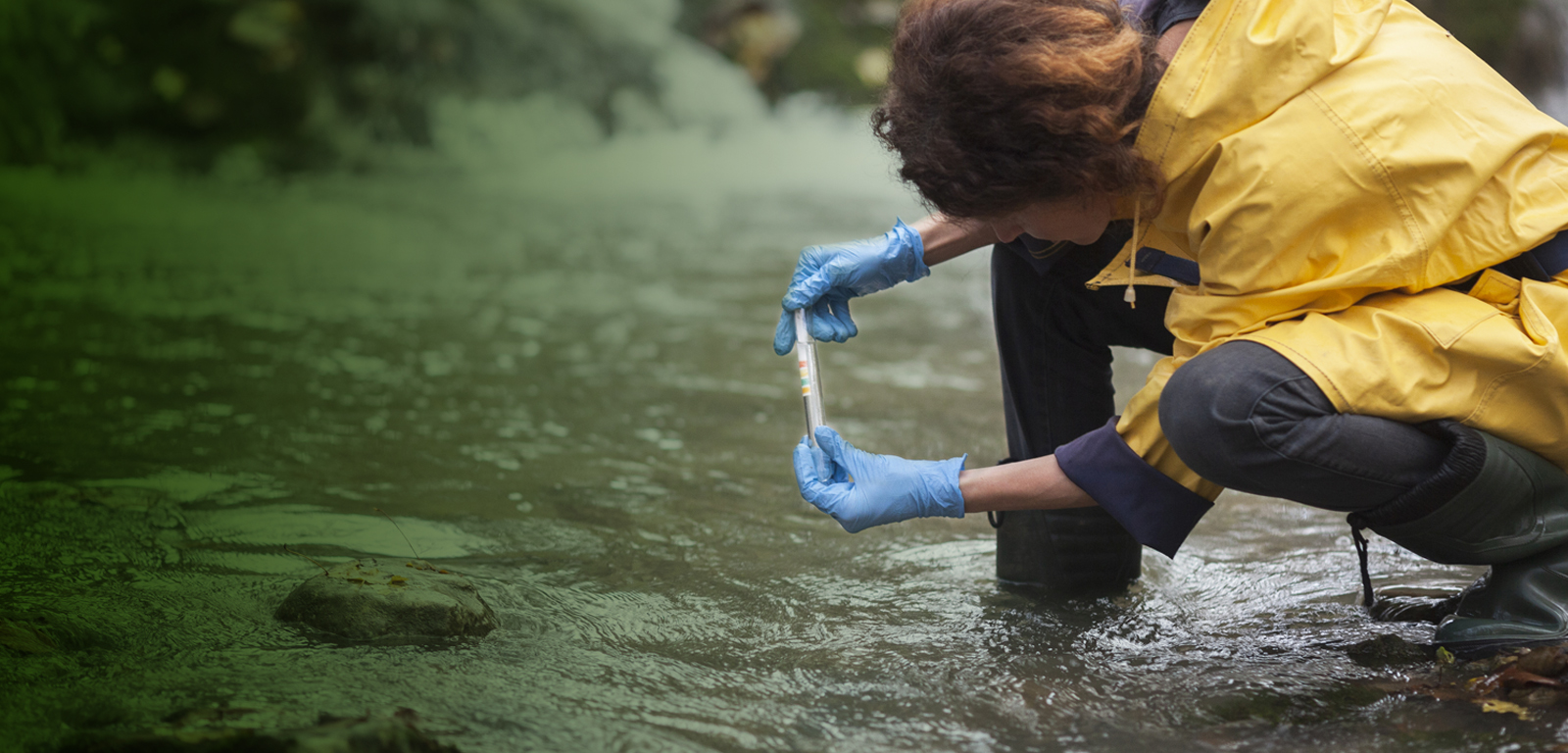Subject
Hydrology, Water Cycle and Global Change
General details of the subject
- Mode
- Face-to-face degree course
- Language
- English
Description and contextualization of the subject
The global change due to human activity is increasingly affecting the health of ecosystems and the living conditions for most of living creatures, including human beings. Understanding, predicting and mitigating the response of the global water system in terms of availability, quality and contamination requires to have a bulk knowledge of the water cycle and related hydrological processes.Aims
¿ To review the main cycles of natural waters across water bodies and atmosphere and documents how humans are altering these cycles.
Objectives
At the end of the Unit, you should:
1. be able to understand the temporal and spatial scales involved in the water cycle
2. understand the functioning of the main water bodies, their interaction and couplings with atmosphere
3. be able to quantify the main fluxes of water, and how they drive the cycles of other basic elements (in particular carbon)
4. have a consistent insight on the global change and its consequences on nature and human activities
Teaching staff
| Name | Institution | Category | Doctor | Teaching profile | Area | |
|---|---|---|---|---|---|---|
| ORTIZ ZARRAGOITIA, MAREN | University of the Basque Country | Profesorado Agregado | Doctor | Bilingual | Cellular Biology | maren.ortiz@ehu.eus |
Competencies
| Name | Weight |
|---|---|
| Que el estudiante sepa y entienda los conceptos teóricos de los ciclos biogeoquímicos, así como los aspectos prácticos de los mismos y sus aplicaciones. | 25.0 % |
| Que el estudiante sepa y entienda los conceptos teóricos en torno a la biodisponibilidad de contaminantes químicos ambientales, así como los aspectos prácticos y sus aplicaciones. | 25.0 % |
| Que el estudiante sea capaz de diseñar y elaborar modelos numéricos, estadísticos y computacionales en lo referente a los ciclos biogeoquímicos de los contaminantes químicos ambientales, sus efectos sobre los seres vivos y los procedimientos de evaluación de riesgo e impacto. | 25.0 % |
| Que el estudiante sea capaz de recolectar, registrar y analizar (tratamiento y computerización) datos sobre contaminación y toxicidad (de campo y de laboratorio) mediante técnicas y equipamiento de última generación. | 25.0 % |
Study types
| Type | Face-to-face hours | Non face-to-face hours | Total hours |
|---|---|---|---|
| Lecture-based | 20 | 30 | 50 |
| Seminar | 20 | 30 | 50 |
Training activities
| Name | Hours | Percentage of classroom teaching |
|---|---|---|
| Lectures | 50.0 | 40 % |
| Supervised activities | 50.0 | 40 % |
Assessment systems
| Name | Minimum weighting | Maximum weighting |
|---|---|---|
| Work and explaining | 50.0 % | 50.0 % |
| Written examination (theory) | 50.0 % | 50.0 % |
Learning outcomes of the subject
At the end of the Unit, you should understand:1. the connections between human activities and water cycle
2. the transformation process in which the global water system is engaged
Temary
Topics covered include:Functioning of main water bodies
Connection with atmosphere: the coupled climate system
Global cycles: water and carbon
The Global Change
Bibliography
Basic bibliography
E. K. Berner and R. A. Berner 2012. Global Environment, Water, Aire and Geochemical cycles, Princeton University Press.Change, I.C., 2007. The physical science basis. Contribution of Working Group 1 to the fourth assessment report of the Intergovernmental Panel on Climate Change, 996.


